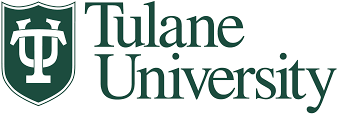Abstract
Treatment of patients with triple-negative breast cancer (TNBC) has been challenging due to the absence of well-defined molecular targets and the highly invasive and proliferative nature of TNBC cells. Current treatments against TNBC have shown little promise due to high recurrence rate in patients. Consequently, there is a pressing need for novel and efficacious therapies against TNBC. Here, we report the discovery of a novel small molecule inhibitor (NSC33353) with potent anti-tumor activity against TNBC cells. The anti-proliferative effects of this small molecule inhibitor were determined using 2D and 3D cell proliferation assays. We found that NSC33353 significantly reduces the proliferation of TNBC cells in these assays. Using proteomics, next generation sequencing (NGS), and gene enrichment analysis, we investigated global regulatory pathways affected by this compound in TNBC cells. Proteomics data indicate a significant metabolic reprograming affecting both glycolytic enzymes and energy generation through oxidative phosphorylation. Subsequently, using metabolic (Seahorse) and enzymatic assays, we validated our proteomics and NGS analysis findings. Finally, we showed the inhibitory and anti-tumor effects of this small molecule in vitro and confirmed its inhibitory activity in vivo. Doxorubicin is one of the most effective agents in the treatment of TNBC and resistance to this drug has been a major problem. We show that the combination of NSC33353 and doxorubicin suppresses the growth of TNBC cells synergistically, suggesting that NSC33353 enhances TNBC sensitivity to doxorubicin. In summary, our data indicate that the small molecule inhibitor, NSC33353, exhibits anti-tumor activity in TNBC cells, and works in a synergistic fashion with a well-known chemotherapeutic agent.
